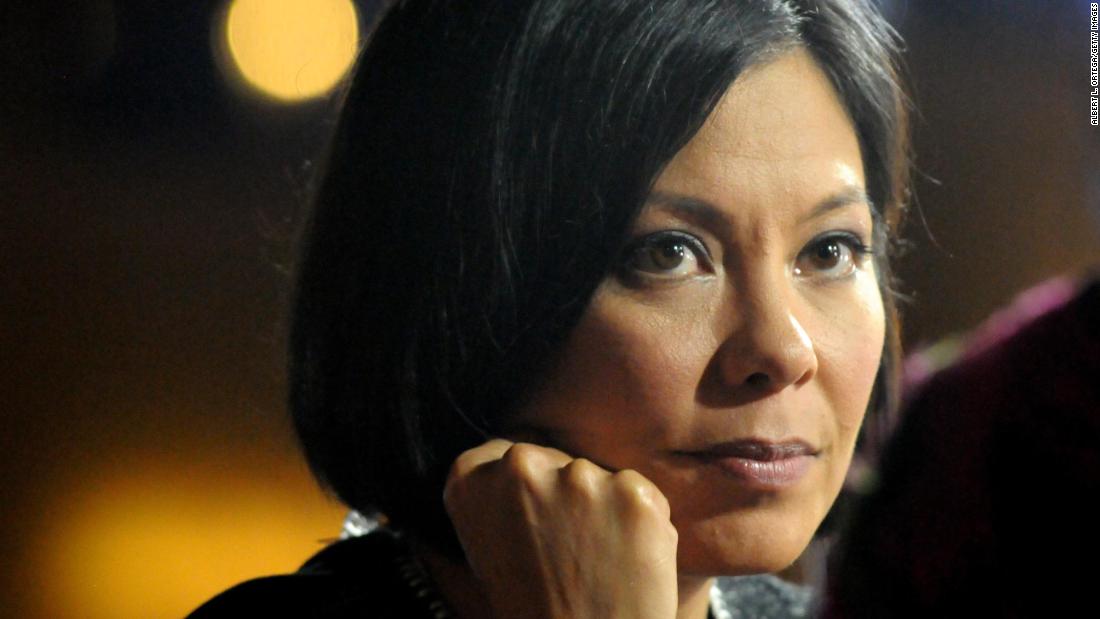MSNBC’s Alex Wagner recently tackled a political trend that's been stirring concern among progressives: the shift in voting patterns among married women, especially white, non-college-educated women, toward Republican candidates.
Wagner voiced frustration over these women’s supposed departure from “allyship,” framing it as a troubling lack of solidarity with “their black and brown sisters.” According to Wagner, this trend raises questions about empathy and unity in an increasingly polarized landscape.
Joined by Maya Wiley, CEO of the Leadership Conference on Civil and Human Rights, Wagner highlighted the recent data on female voting patterns, lamenting that many women are casting their votes in ways that she claims endanger minority communities.
Citing a New York Times piece, Wiley referenced what she described as the long-standing marginalization of black women, stating, “Not only have black women always been on the menu, but they have been eating us.” This intense phrasing seemed to aim at underscoring systemic issues but left audiences puzzled about its precise meaning.
The segment zeroed in on how married women’s evolving political views—particularly those who are white and less formally educated—are seen by some on the left as undermining progressive causes.
For Wagner and Wiley, these women’s votes reflect a disregard for equity and social justice, particularly in areas that directly impact minority communities, such as healthcare and reproductive rights.
Wagner, visibly frustrated, asked Wiley for guidance on what this trend means and how people of color, especially women of color, should interpret it in the broader fight for equity.
Wiley responded by portraying black women as the backbone of progressive social movements, dating back to the fight for women’s suffrage, despite facing challenges within these alliances. She emphasized the enduring commitment of black women to "showing up" and supporting causes that benefit not only their communities but broader coalitions as well.
Wiley's remarks highlighted that while black women have often rallied for progressive causes—even those that didn’t immediately benefit them—there’s an expectation for reciprocated support that some feel is now waning.


